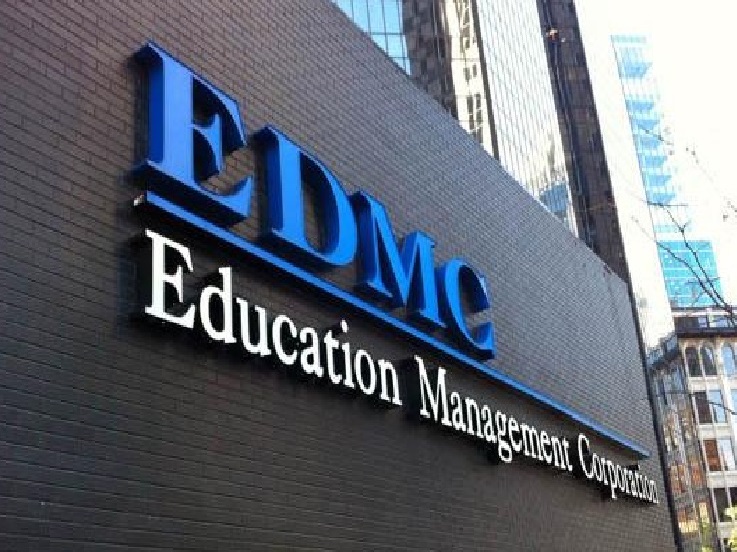
![]() Lawyers for firm say ability of businesses to restructure debt outside of bankruptcy proceedings is on the line
Lawyers for firm say ability of businesses to restructure debt outside of bankruptcy proceedings is on the line
Source: The Wall Street Journal
Warning that the ability of troubled businesses to restructure their debt outside of bankruptcy proceedings is on the line, lawyers representing for-profit education company Education Management Corp. and its lenders have urged an appeals court to reverse a lower court’s ruling.
A panel of three judges for the U.S. Court of Appeals for the Second Circuit in New York on Thursday heard arguments in bondholder Marblegate Asset Management’s dispute with the company.
Last year a federal judge, siding with Marblegate, said Education Management’s 2014 out-of-court restructuring violated a Depression-era law meant to protect bondholders. The company and its lenders appealed.
“There is great uncertainty caused by this decision: Out-of-court restructurings have come to a halt since this decision came in,” Emil Kleinhaus, Education Management’s lawyer, said in arguing in favor of overturning the lower court ruling.
Marblegate lawyer Sean O’Donnell acknowledged that if the district court’s decision stands, it may result in more bankruptcy filings. But, he said, that is preferable to having “the majority decide what’s best for the minority.”
The courtroom arguments concerned the reach of the law, called the Trust Indenture Act. The question is whether the law merely prevents a company from altering payment terms it previously promised bondholders without their consent or if it goes further to defend bondholders’ ability to collect what they are owed.
“Isn’t the law there to place a check or control over the majority in a debt restructuring? Isn’t that what happened?” asked Judge Jose Cabranes, quoting William Douglas, the former U.S. Supreme Court justice and chairman of the Securities and Exchange Commission.
Education Management’s Mr. Kleinhaus responded that bondholders are already protected by other laws, as well as terms of each bond issue.
At issue is Education Management’s 2014 out-of-court restructuring, which it negotiated with lenders after grappling with declining enrollment and a debt load of $1.5 billion. A chapter 11 filing wasn’t an option since the company, which operates the Art Institute schools, would then have been cut off from federal funding.
Education Management reached a deal with 98% of its lenders to swap $1.3 billion in secured loans for new debt and shares in the company, while $217 million in unsecured notes would be traded for additional shares. For those, such as Marblegate, who didn’t sign on to the deal, the bonds would be worthless.
Marblegate, which owned $14 million in unsecured bonds, challenged the restructuring in court. Last year, U.S. District Judge Katherine Polk Failla found that the deal violated the Trust Indenture Act by essentially leaving Marblegate with no choice but to accept the restructuring so as to avoid going empty-handed.
The appellate court isn’t expected to issue its ruling soon, but the restructuring industry and others will be watching closely. The Trust Indenture Act is at the center of a number of pending legal battles, including one between Caesars Entertainment Corp. and bondholders of its bankrupt operating unit.
Also watching are the big investment firms that buy up debt in troubled companies, seeking a handsome profit once a turnaround is complete.
“We’re arguing for the bond market to keep going in an untroubled way,” said Antonia Marie Apps, a lawyer for the investment firms, such as Centerbridge Partners and Oaktree Capital Management, that served as Marblegate’s lenders and held of much of the bond debt. Letting the district court’s decision stand, she argued, “turns the capital structure upside down.”


